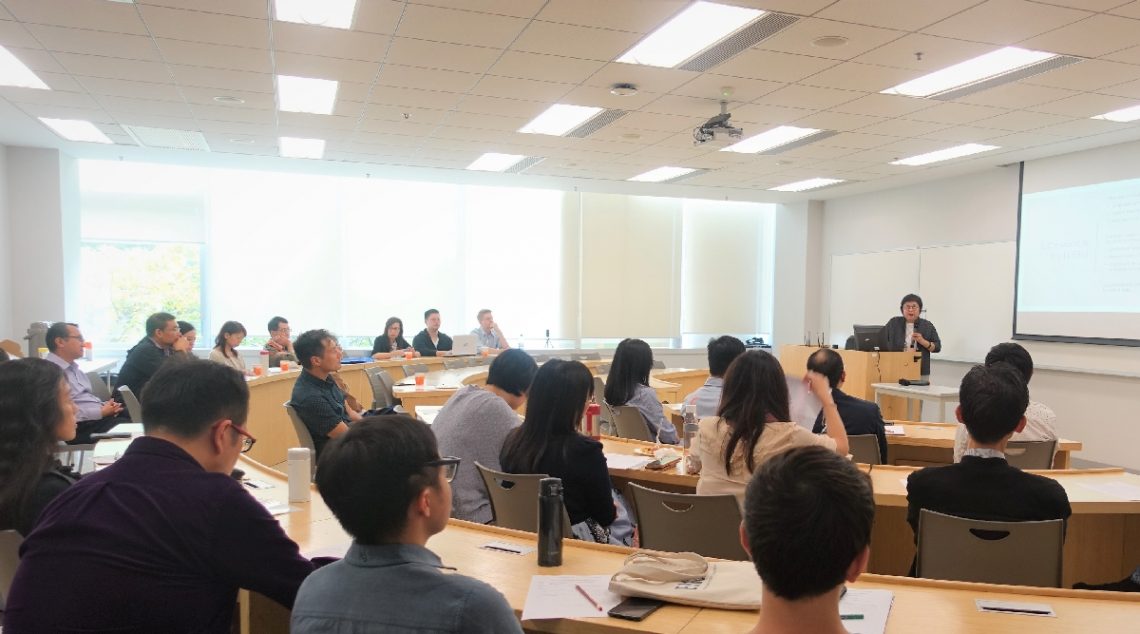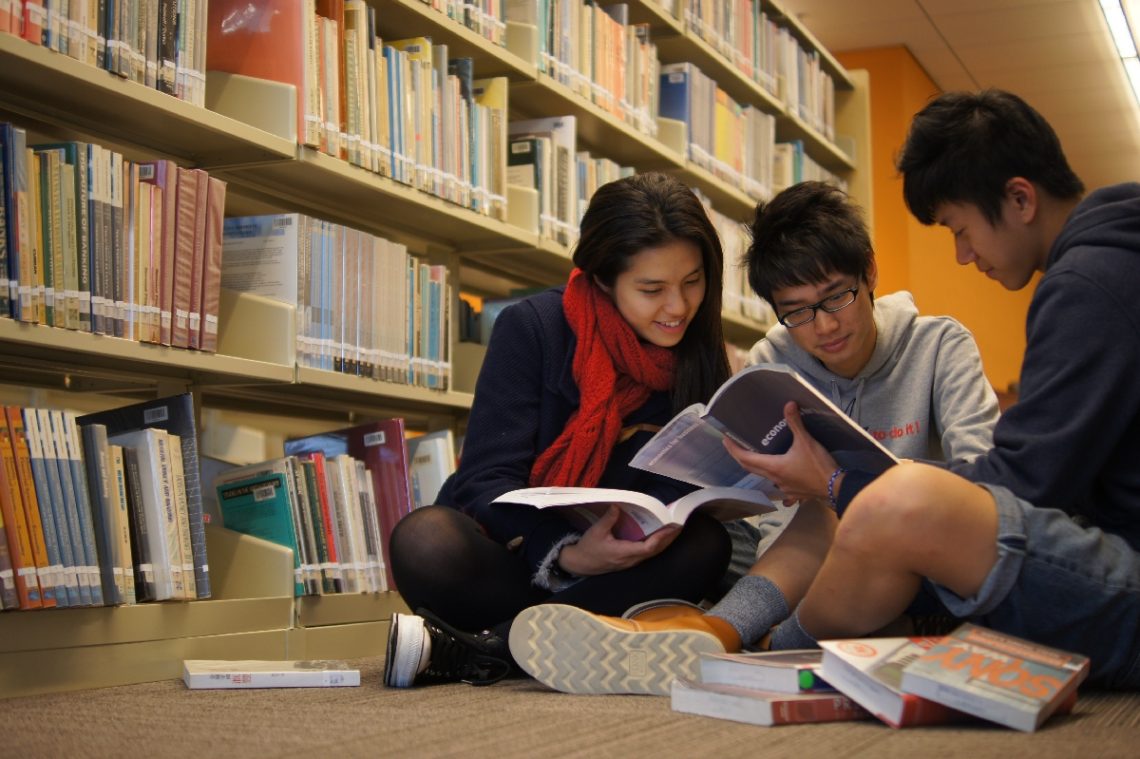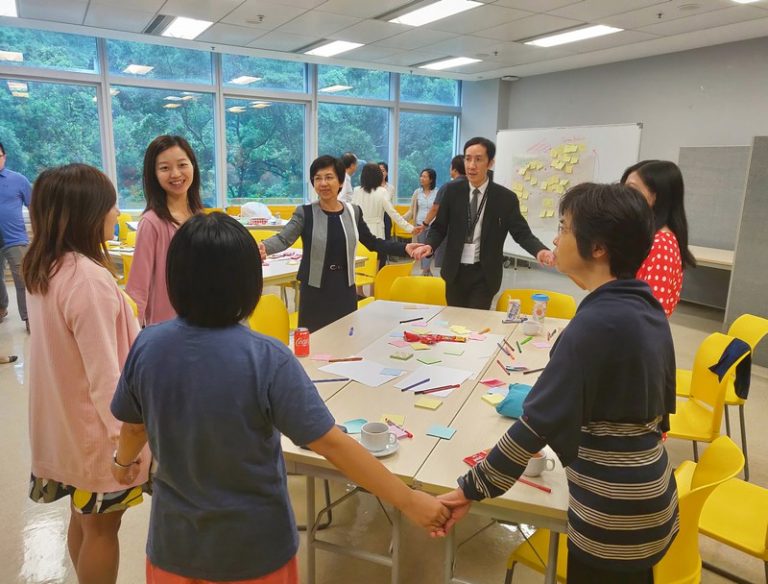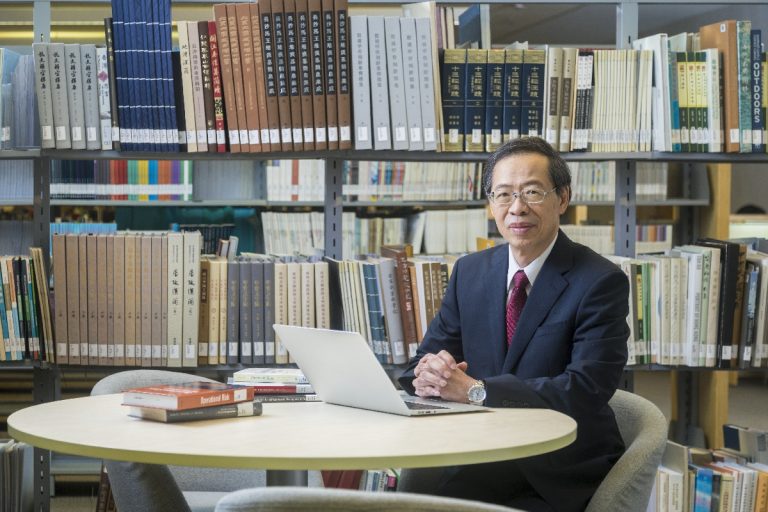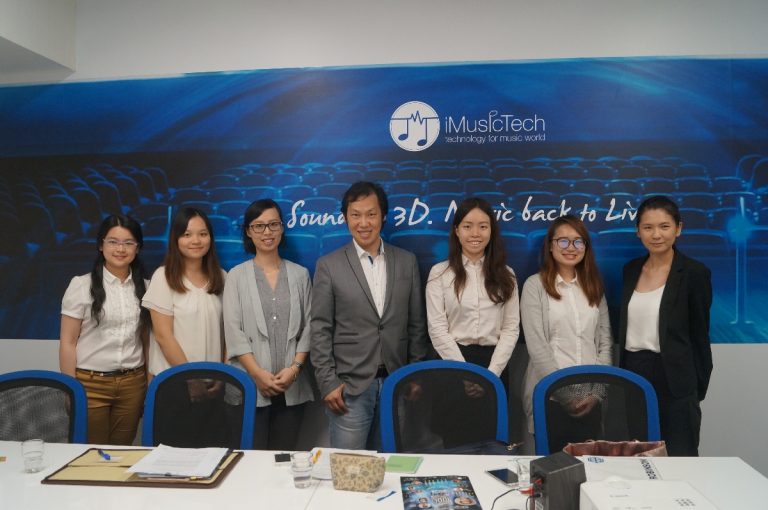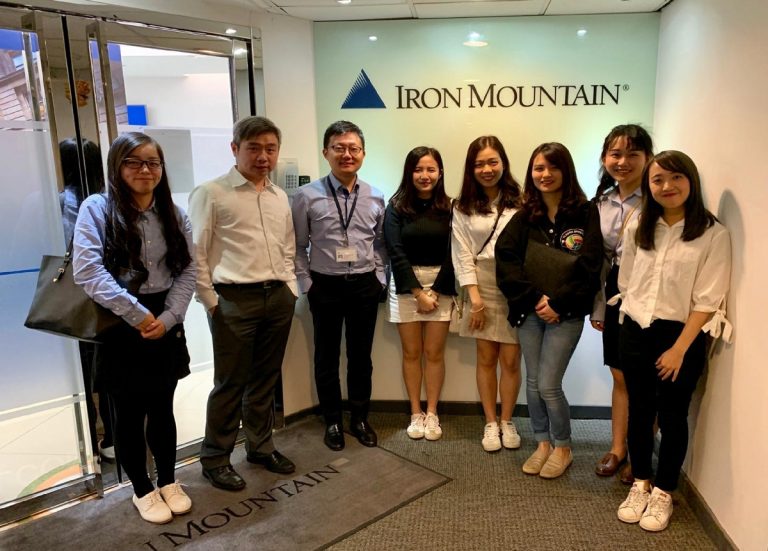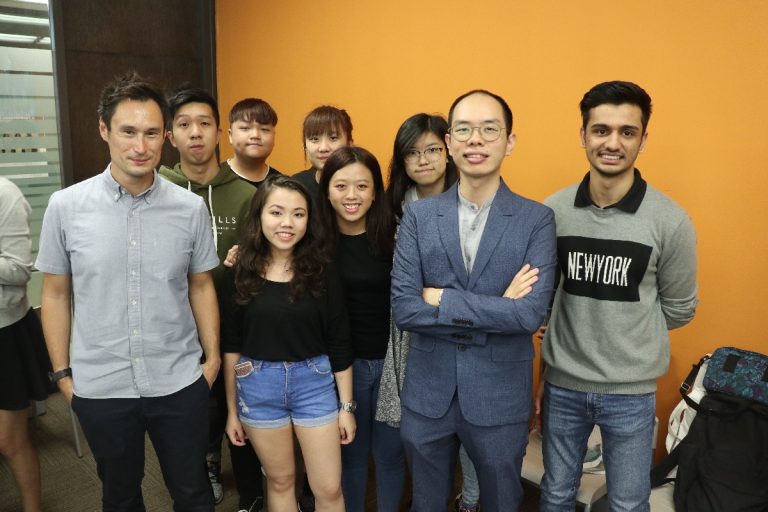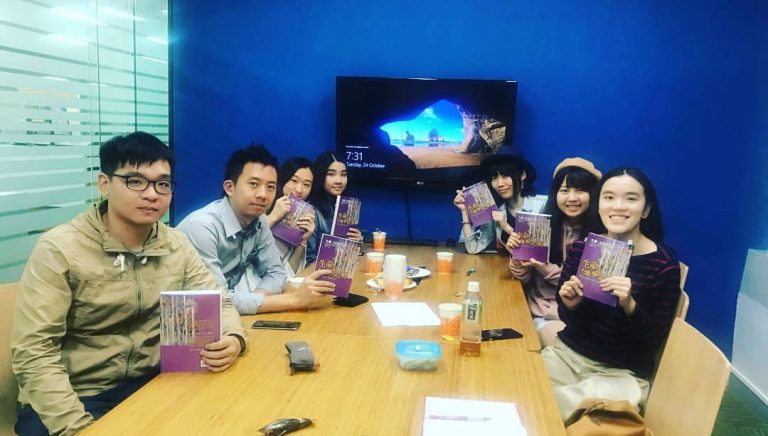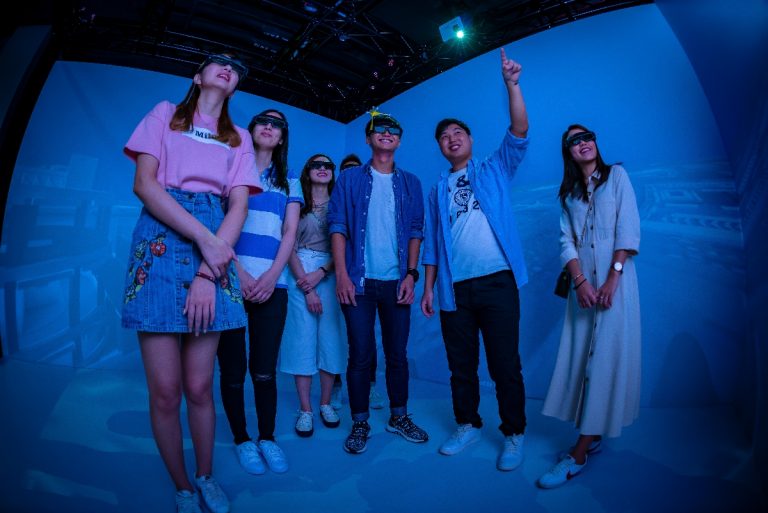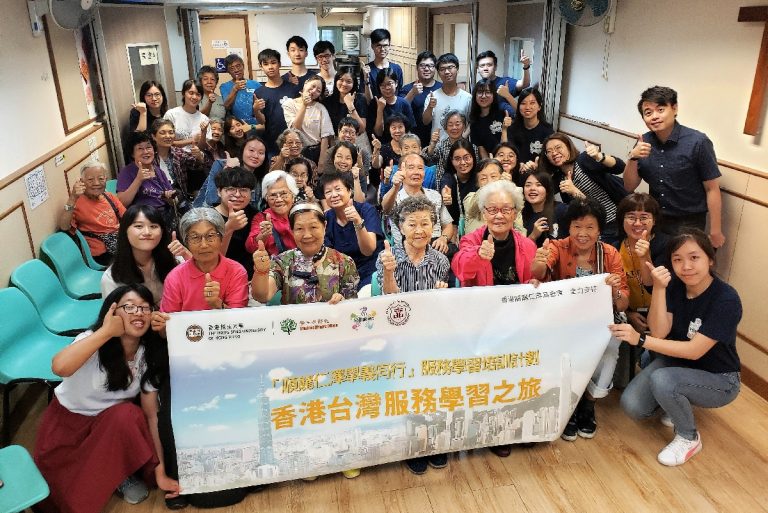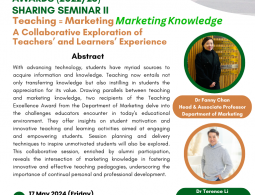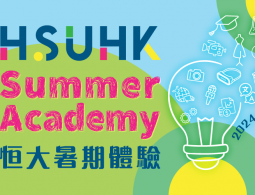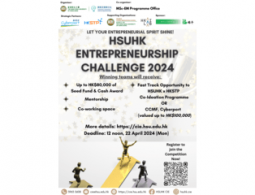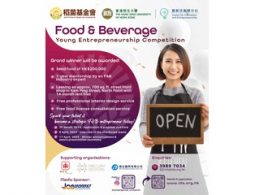The Unique Liberal + Professional Education Model Facilitating Students All-Round Developments
HSUHK has made a commitment to providing high quality teaching and learning for its students. With its unique Liberal + Professional education model, HSUHK strives to explore diverse and innovative programmes nurturing students with up-to-date professional competencies and is also dedicated to cultivating students through liberal arts education, fostering their five transferrable core competencies: critical thinking, creativity, communication skills, caring attitudes, and community engagement. We believe that the broad-based and cross-disciplinary approach of liberal arts education will help equip students to confidently handle future work and life challenges.
To further fulfil our education mission, HSUHK has driven various educational initiatives and made a number of innovations and enhancements in student-teacher relationships as well as teaching and learning methods and platforms. Professor Y V Hui, Vice-President (Academic and Research), shares with us the characteristics and future developments in teaching and learning at HSUHK.
Centre for Teaching and Learning to Advance Teaching and Learning Quality
Professor Hui points out that the establishment of the Centre for Teaching and Learning (CTL) in 2015 aimed at advancing the teaching and learning quality of HSUHK. While serving as a coordinating unit for different programmes with common pedagogy to collaborate, it is also a platform for teaching staff to share how they put their education beliefs into practice. “We hope that CTL can be a platform to introduce new thinking in teaching and pedagogies, and share them with colleagues. For example, the concept of ‘design thinking’ can be applied in different teaching domains. CTL thus has organised some workshops recently to share with colleagues the knowledge about design thinking.” Professor Hui said.
Smart Learning to Further Student-Teacher Interactions
As a liberal-arts-oriented education institution, small-class teaching and close student-teacher relationships are HSUHK’s distinctive features. “Small class teaching and the communication between students and teachers are what we highly focus on. The interactions between students and teachers in both lectures and tutorials are at the top of our minds.” Creating a mobile, interactive learning environment and furthering the student-teacher interactions will be key initiatives in HSUHK’s future teaching and learning development, as Professor Hui explains. “We will enhance the learning facilities and environments, so that students and teachers can be more flexible in teaching and learning activities which facilitate more interactions. We will also refurbish the classrooms and implement advanced technology to allow students and teachers to interact everywhere in the classroom.”
Beyond classroom learning, HSUHK will further promote the application of new technology. “We hope to facilitate student-teacher communication and students’ learning outcomes through smart learning and by making use of new technology in outside-classroom learning. For example, if a student wants to organise a small discussion group on a topic, he or she can quickly find other classmates who are interested in this topic on a platform, and organise the group discussion either on campus or on the platform.”
Top-Quality Dedicated Teachers
As Professor Hui says, HSUHK teachers not only have a devoted heart in teaching and solid foundations in academic research, many of them are prestigious leaders in their professions. The University always encourages teachers to step out to learn more about the latest developments in industry and to apply the most cutting edge knowledge in classroom practice. “HSUHK has passionate teachers who are willing to spend extra time inside and outside the classroom to educate students and help them develop, such as bringing them to business projects and internships, or leading them in external competitions. I think this is very important.”
HSUHK Teaching Excellence Awards
To recognise teachers who have demonstrated excellence and enthusiasm in teaching, HSUHK has set up the annual Teaching Excellence Awards to acknowledge their contributions and spirits to strive for better in teaching. The four recipients of this year’s awards: Dr Eko Liao, Dr Daniel Mo, Dr Jay Parker and Dr Muk-yan Wong, share with us their stories in the teaching journey.
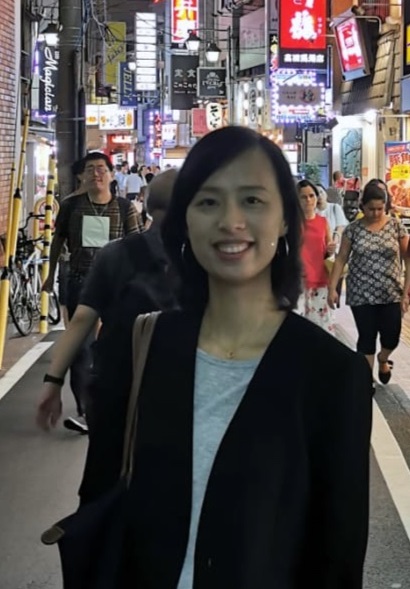
Dr Eko Liao
Associate Professor, Department of Management
Dr Eko Liao decided to be a teacher after she encountered her own enlightening teachers. “I didn’t have much idea about teaching in the beginning. However, I was inspired by Professor Dean Tjosvold of Lingnan University and Professor Chun Hui of The University of Hong Kong in my master’s and doctoral studies, who helped me find my preferred teaching model.” She learnt from both professors that cooperative goals are essential in teaching, and the goals of common learning and sharing can be achieved
through a relaxed and humourous approach.
In Dr Liao’s opinion, education is a collaborative creation with students, while teachers, students and teaching materials all play an equal part in a successful teaching approach. She also observes and learns from the strengths of other colleagues to advance her teaching. Dr Liao is thankful for the abundant resources at HSUHK, where units and offices such as Library and Student Affairs Office provide class support to enhance the teaching effectiveness.
Claiming herself to be an introvert, Dr Liao says she is not good at casual chit-chat. “However, it is always the in-depth discussion with students that inspires me the most!” She smiled.
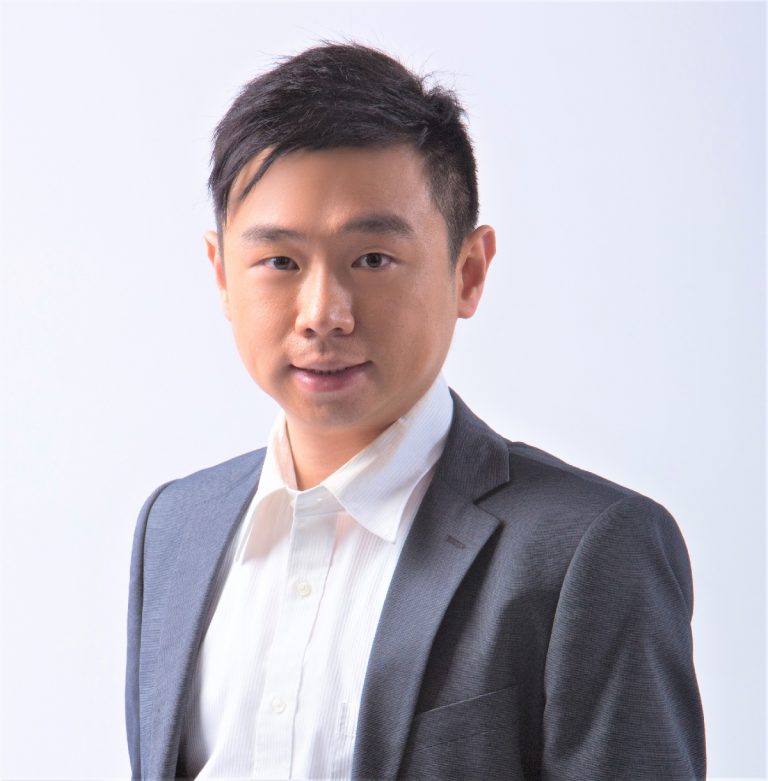
Dr Danial Mo
Associate Professor, Department of Supply Chain and Information Management
“There is always someone to learn from,” Dr Daniel Mo believes. He loves exchanging views with other teachers and learns from their strengths. In order to promote his teaching quality, he tries his best to incorporate research results into his teaching, and leads students to different company visits and competitions outside of class.
Dr Mo thinks that teaching has to keep pace with the times. “There is never one best teaching method. It can always be better. Teachers need to update their teaching content and methods from time to time and keep interacting with students to pass on knowledge efficiently.” Therefore, he holds in-class activities like polling or small group discussions to enhance students’ engagement. Outside of class, he also stays connected with students using various digital media to know more about their needs and build mutual trust.
Having taught at HSUHK for 7 years, a phone call from a graduate is still fresh in Dr Mo’s mind. “He specially called me, telling me he found a job in which he could apply what he had learnt. He thanked me for listening to his doubts and giving him advice before. At that moment, I understood that every single interaction, even slight, could bring long-term impact to students.”
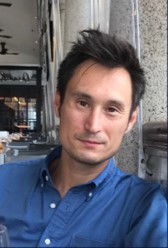
Dr Jay Parker
Assistant Professor, Department of English
When talking about the key elements for effective teaching, Dr Jay Parker thinks that good quality assessment and inspiring students’ interests to learn are equally important. He believes it is crucial to let students know clearly what they can do to achieve the goals and improve themselves. Therefore, it is important to have good quality assessment, and he always tries to give his feedback to students according to their performances and needs.
During the lectures, Dr Parker adopts different teaching techniques and approaches to trigger students’ interests. “I hope they would find the lessons enjoyable, while I wish to lift them to a higher level.” He appreciates students’ participation in class, thinking that students’ learning outcomes can be enhanced if they express their ideas more.
Witnessing the growth of students is one of Dr Parker’s biggest harvests during his teaching journey. He recalls that in the BA-ENG student conference last year, he felt incredible seeing three of his students in a row presenting their final year research projects, in an academic style, adequately and intelligently. “I am so proud of them and glad to see the advancement of their learning. It gives me great satisfaction to see students grow and develop.”
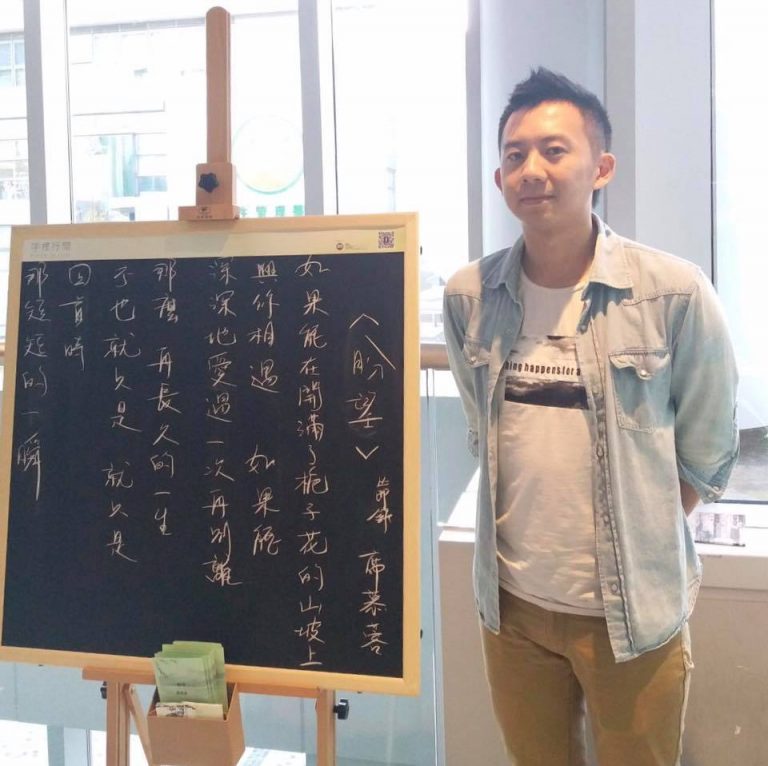
Dr Muk-yan Wong
Assistant Professor, Department of Social Science
In his 8-year teaching life at HSUHK, Dr Wong says that no matter how creative and interesting the teaching approach is, whether it can help students learn effectively remains the most important. “In my opinion, teachers are not following students’ interests to teach. We should trigger students’ motivation to learn, raising their interests in the topic and even attracting them to study what they were not interested in before. This is much more effective than the one-way teaching model.”
During class, Dr Wong likes to raise questions and encourages students to give feedback. He also uses various props to boost the interactions. Moreover, he loves exploring and experiencing different kinds of theories in daily life with students to deepen their understandings of the topics. One of the examples was a service-learning trip to Cambodia a few years ago. “During the journey, I visited slums, orphanages and other places with students. The experience was a big shock to them as they grew up in a relatively affluent environment. The discussions every night not only were occasions for them to share their feelings, but also made them understand that it is not that easy to solve a social problem. It was an eyeopening experience for them.”
Innovative Programmes and Platforms to Help Students Explore Opportunities
In addition to top-quality teachers, HSUHK is devoted to exploring various innovative programmes and platforms to help students grasp current opportunities. The University currently has five Schools, providing over 20 four-year bachelor’s (honours) degree programmes and master’s degree programmes, many of which are the first of their kind in the region, including Translation with Business, Business Journalism and Corporate Communication, Data Science and Business Intelligence, Cultural and Creative Industries, Corporate Governance and Compliance, Actuarial Studies and Insurance, and Art and Design. HSUHK also continues to enrich existing programmes, integrating the elements and strengths of different modules to provide students better education.
With the rapid development of innovative technologies, HSUHK keeps abreast of changes and incorporates innovation and technology elements in our curricula. The Virtual Reality Centre (VR Centre) for example, set up in 2016, provides virtual reality (VR) and augmented reality (AR) equipment to different modules to supplement students’ learning, helping them understand working environments in real life. Among local self-financing higher education institutions, HSUHK is the first to apply virtual reality system to teaching and learning.
With the funding from the Quality Enhancement Support Scheme (QESS) under the Self-financing Post-secondary Education Fund, HSUHK has also established the Service-Learning Section under CTL and has launched a number of credit-bearing service-learning modules with the aim to deepen students’ understanding of the needs of the community through service-learning, and to apply their academic knowledge to serve the public good. Additionally, with the support of QESS, HSUHK has recently set up the Centre for Asian Languages and Cultures to enhance students’ language proficiency in the languages from Asia and to promote Asian cultures. As Professor Y V Hui points out, the funding from QESS is a practical way to support HSUHK’s new teaching and learning initiatives, “this shows that our teaching belief and vision are recognised by society.”
Related Posts
[HSUHK & IDAF] Food and Beverage Young Entrepreneurship Competition
The Inaugural HSUHK and Institution of Dining Art Foundation Limited “Food and Beverage Young Entrepreneurship Competition” Calls for Entries Today The Hang Seng University of…

